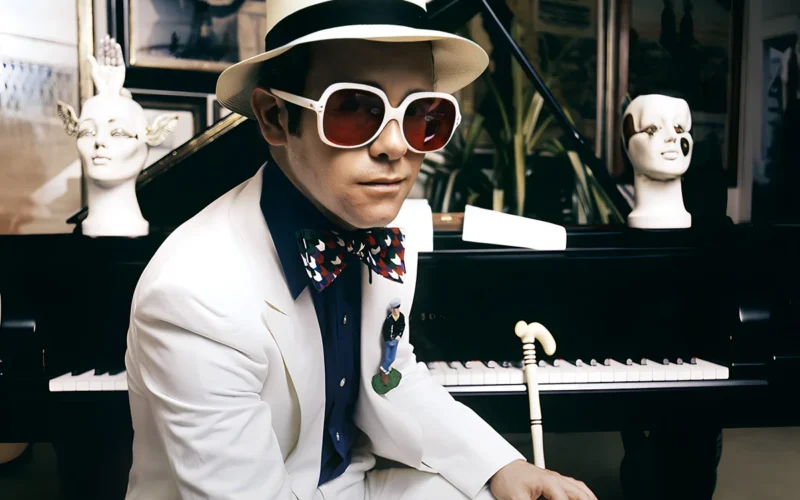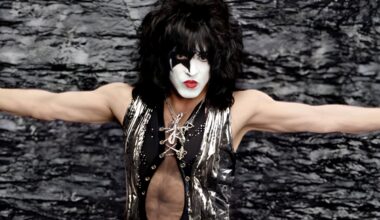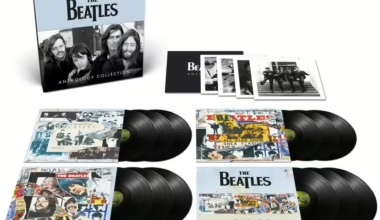The phrase ‘they don’t make them like they used to’ can be tired and overdone, but in a current era of constant celebrity collapse and cancellations, it does ring true in some respects. The idea of a comeback without controversy and that makes a lasting impact is becoming rarer as time goes on, but if any star fallen on hard times needs some inspiration, they should just look to Elton John.
Indeed, it’s more than likely that the ‘Rocketman’ would be extremely happy to lend a hand, given that he has adopted the self-imposed post of grandfather of pop and rock, passing his wisdom down to the next musical generation like a sonic paternal figure. After all, as far as revitalising one’s career and fighting to get back on top, there’s no one who knows the business quite like him, especially since he once came so close to losing it all.
Even though the 1980s were a time in which it seemed everyone treading the boards of the music industry was on top of the world, it was decidedly less so for John. In fact, that’s putting it far too kindly. His once-illustrious career built during the decade prior was well and truly crumbling by this point, not to mention the state of his own health, as his addictions came within a hair’s breadth of costing him his life.
As such, drastic action was needed. He eschewed the spotlight for some time, went to rehab, got himself clean, and only then could his previously faltering creative prowess return to its former glory. It’s no exaggeration to claim that John saved his career in the late ‘80s, without which he absolutely would not have his cemented icon status today, and one song in particular formed a major part of the master plan.
The song ‘I Don’t Wanna Go On with You Like That’ may not be the most prolifically striking effort in the sprawling John back catalogue, but it nevertheless played a massively significant role in propelling his career back into roses from the rocks. Indeed, hailing from the comeback album Reg Strikes Back released in 1988, the song became his only US number one of the decade, and, subsequently, in no uncertain terms, saved his musical life from obscurity.
But even beyond the much-needed chart success, there was a certain poignancy in the song that foreshadowed the route the rest of John’s life was destined to take. This was in the time before he had come out as gay, and he was still largely performing a heterosexual ruse in his lavender marriage to Renate Blauel. As a result, the track took aim at an increasingly distant lover, in a retrospectively thinly-veiled attempt to reveal the truth of his life.
Subsequently, for it to be that song specifically that shot John back into his comfortable position as an industry darling, it held a hell of a lot of weight and significance. As much as he insisted he was back to being king in ‘I’m Still Standing’, it was songs like ‘I Don’t Wanna Go On with You Like That’ that displayed the sheer tenacity of the fight. One hurdle had been leapt, but there were many more still to come.






